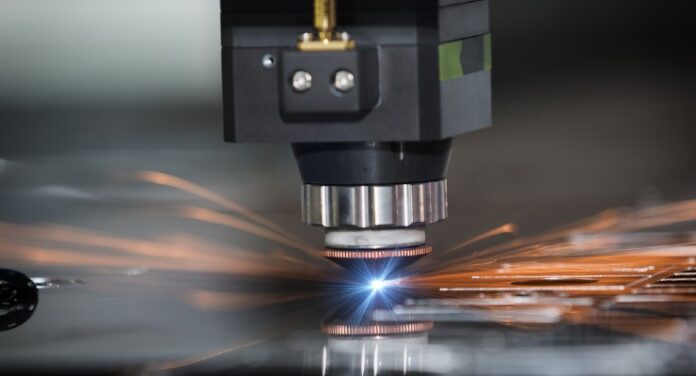Welding medical devices is a critical process in the medical industry, as the welds’ quality and reliability directly affect the devices’ safety and efficacy.
Manufacturers must consider several aspects during welding to produce high-quality, reliable welds. Let’s look at them:
Choice of the welding process
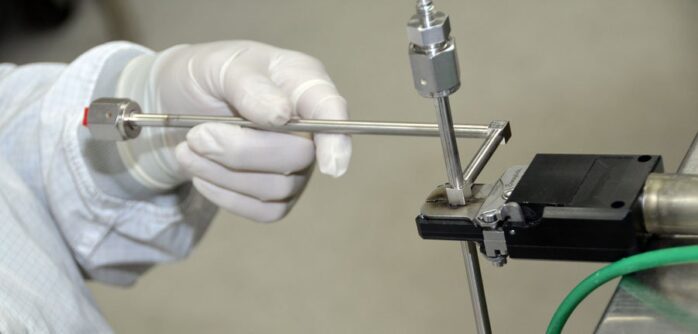
Different welding processes have different capabilities and limitations, and it is crucial to choose a method suitable for the medical device’s specific requirements.
Micro TIG welding is a popular choice for medical welding due to its precision, versatility, and ability to produce high-quality welds. Other processes, such as laser welding and resistance welding, may also be suitable, depending on the specific requirements of the device.
Materials used for the medical device
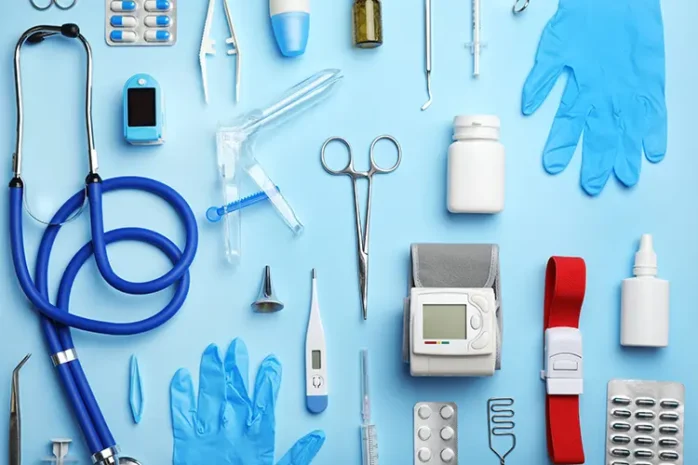
Different materials have different welding properties and choosing materials suitable for the welding process being used is essential. In some cases, materials may need to be pre-treated or post-treated to ensure optimal welding conditions.
For example, materials such as titanium and stainless steel may need to be cleaned before welding to remove any contaminants that may affect the quality of the weld.
The environment
The environment in which the welding is being performed is also an important consideration. Medical devices are often sensitive to environmental conditions, such as temperature and humidity, and it is vital to control these conditions to ensure consistent and reliable welds.
For example, some welding processes may emit fumes or debris that are not environmentally friendly. It is important to ensure that the welder and production environment have adequate ventilation for safety.
Quality control
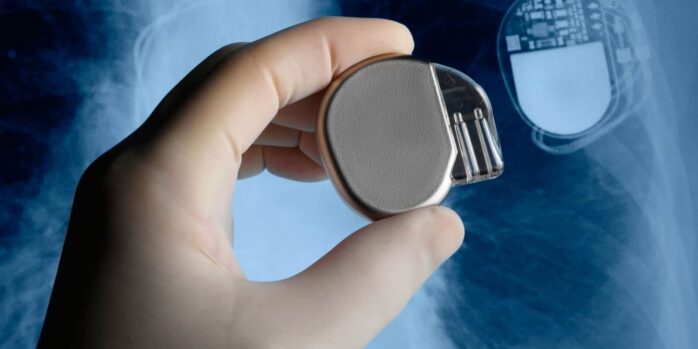
The quality of the welds must be consistently high to ensure the safety and efficacy of the devices. This includes controlling factors such as the welding speed, the size and shape of the welding arc, and the shielding gas used.
It is also essential to perform regular inspections of the welds to identify any defects or inconsistencies and to correct these issues as soon as possible.
Safety of the welder
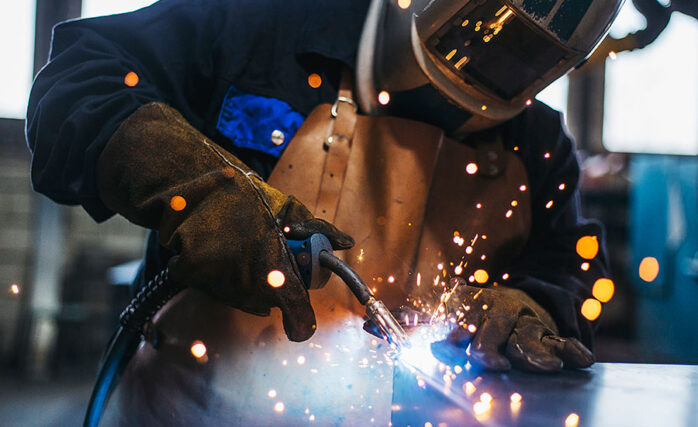
The safety of the welder is also an important consideration. Welding processes can produce fumes, sparks, and other hazards that can pose a risk to the welder.
It is vital to ensure that the welder is adequately trained and equipped with the necessary personal protective equipment to minimize the risk of injury. Reputable medical device welding companies like Micro Weld Inc always take safety into account.
Welding costs
The cost of the welding process can significantly impact the device’s overall cost, and it is vital to balance the need for high-quality welds with the need to keep costs under control.
This may involve considering alternative welding processes, materials, or more cost-effective production methods, while still ensuring the quality and reliability of the welds.
Conclusion
Welding medical devices is a critical process that requires careful consideration of several key factors. These factors include the choice of the welding process, the materials being used, the environment in which the welding is performed, quality control, the welder’s safety, and the welding process’s cost.
By taking these factors into account, manufacturers can produce high-quality, reliable medical devices that meet the needs of patients and healthcare providers.

